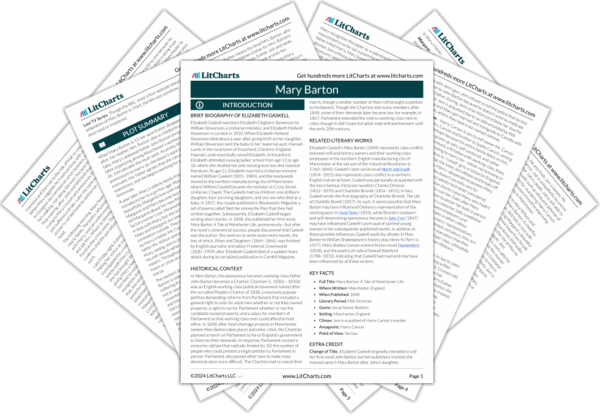Alecto is an ancient Greek goddess, one of the three Furies, whose function is to punish mortal crimes. By asking readers whether they are worshippers of Christ or Alecto, the narrator is asking them whether they believe in pagan vengefulness of Christian injunctions to forgiveness and mercy. Thus, the novel condemns Mr. Carson’s attitude toward his son’s murder as unchristian—and suggests that any reader who thinks Mr. Carson is acting rightly is unchristian as well.
